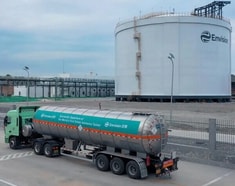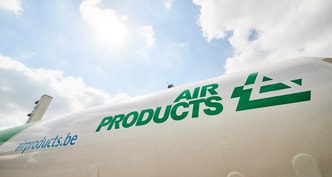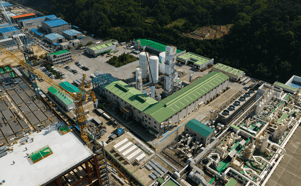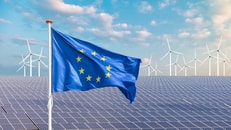Neste blames market for dropping green hydrogen project
Neste has withdrawn from investing into a 120 MW electrolyser project to produce renewable hydrogen at its Porvoo refinery in Finland.
The decision follows the completion of the basic engineering phase, which started in May 2023.
Neste attributed the decision to challenging market conditions and financial performance.
“Evaluation of this project has been impacted by the tight limitations on the use of renewable hydrogen in the refinery’s processes in fulfilling the Finnish national distribution obligation,” according to a statement.
... to continue reading you must be subscribed
























